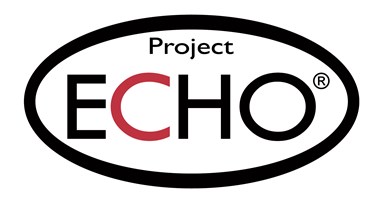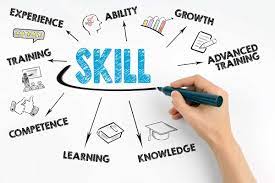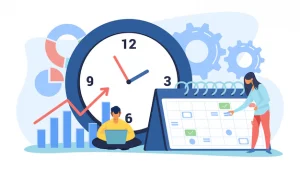
Training & Education
In partnership with Virginia AHEC and in collaboration with key regional partners, George Mason University’s Center for Health Workforce will continue to plan and facilitate continuing education opportunities for health professionals focusing on key objectives including Inter-professional Education, Cultural Competency, Behavioral Health integration, Practice Transformation, Social Determinants of Health, and Current and Emerging issues. The professional development will support the life-long learning of Virginia’s health workforce and assist health professionals in maintaining licensure through Continuing Education Credits. Additionally, Virginia AHEC’s are in the accreditation process to becoming established Community Health Worker Training Sites.
The Center will focus on recruiting, training, and developing both our current and our future health workforce. Recruitment and exposure activities begin as early as elementary school and never stop. We provide opportunities to engage the community to develop their own health workforce pipeline through regional coalitions, with the intent to support a “grow-your-own” healthcare model. Our desire is to use workforce data to identify workforce gaps and deficiencies in Virginia and build a community solution to address community needs.
What We Do
- Support early exposure to health careers and STEM activities
- Recruit middle and high school age students through engaging health career exposure including; school/community programs, workshops, internships, work-based learning, summer programs, and more!
- Help college students obtain shadowing and experiential opportunities that will support their health career goals
- Provide Technical Assistance and Capacity Building to Regional Workforce Coalitions and community organizations who are looking to improve the health care workforce in their area
Education Initiatives
Through strategic planning efforts, many organizations have identified the need for additional funding to operationalize or grow their individual initiatives. In partnership, the Center will facilitate the identification and securing of additional philanthropic funding to support long-term investments in Virginia’s health workforce pipeline and a commitment to resource optimized workforce development. The Center will plan and host an annual conference to bring representatives of the public, private, and philanthropic partnerships that address the health workforce development in Virginia to shine a spotlight on the need for collective action and continued support.
Additional activities may include:

Virginia State Health Workforce Project Echo
Project ECHO is a movement comprised of hundreds of medically focused clinics around the world. ECHO knowledge networks are all built on the same four core principles that have been proven to be successful in increasing the knowledge or practitioners with its unique model and far-reaching success with technology, force multiplication, de-monopolizing knowledge, and knowledge expansions.

Workforce Training
In partnership with Virginia AHEC and in collaboration with key regional partners, CHWPD will continue to plan and facilitate continuing education opportunities for health professionals focusing on key objectives including Inter-professional Education, Cultural Competency, Behavioral Health Integration, Practice Transformation, Social Determinants of Health, and Current and Emerging Issues.

Leadership Training & Mentorship Program
Development of a mentorship and leadership program for Claude Moore Scholars teachers and administrators to enhance the knowledge, skills, and engagement of expert Health Science CTE staff while providing support for less experienced staff.

Emergency Preparedness & Resiliency
Working to enhance healthcare and public health system competency, capacity, and health workers readiness to effectively respond to emerging healthcare and public health concerns and threats, the Preparedness and Resilience division of the institute utilizes a collective impact model to coordinate and support training and research efforts regionally, statewide, and nationally.